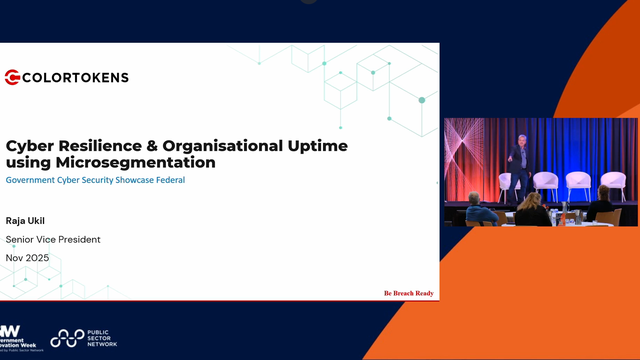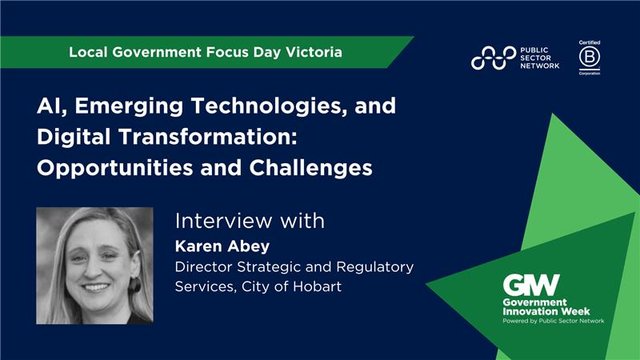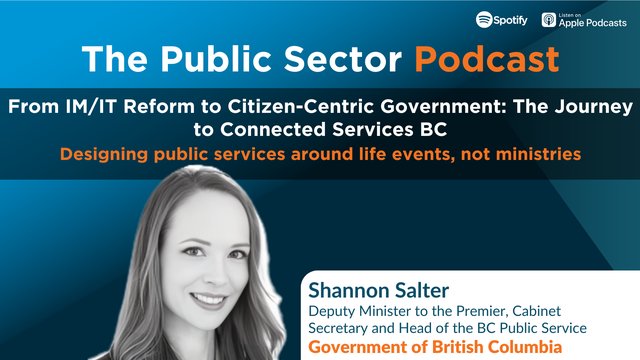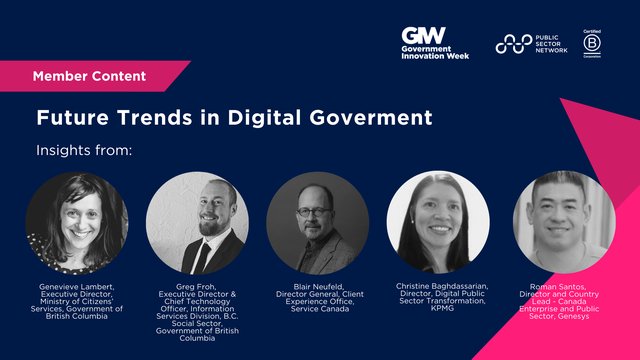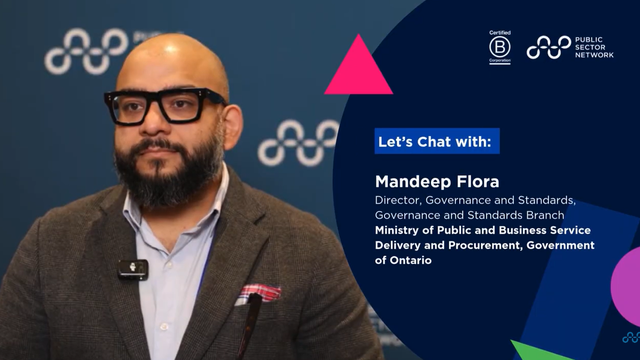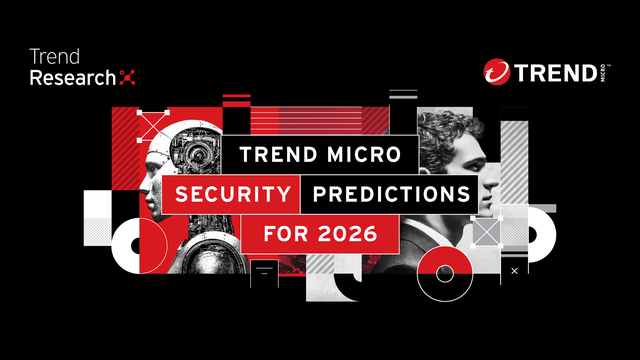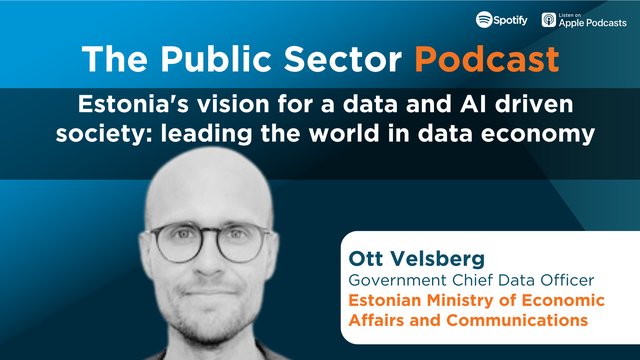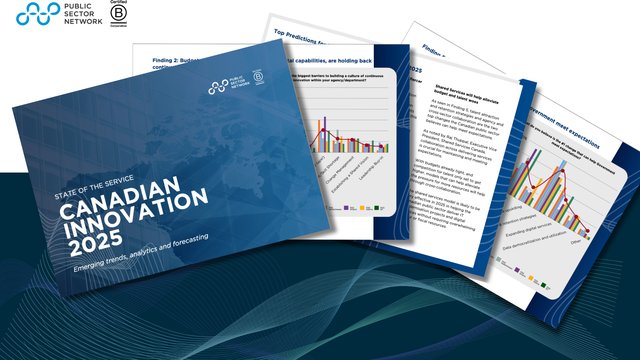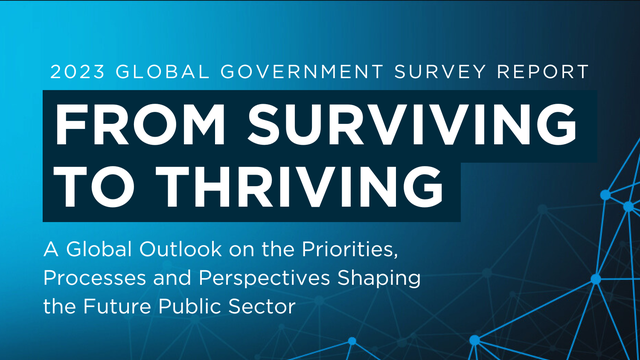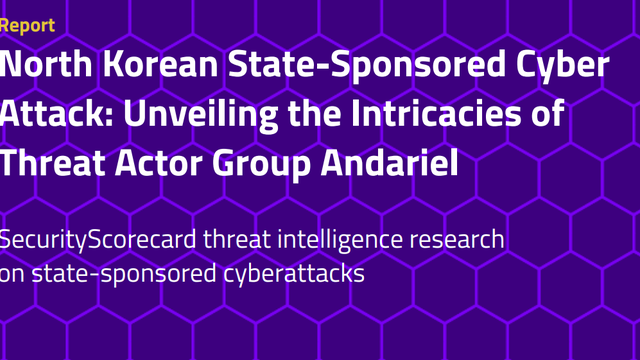

Key takeaways:
- Ignoring the employability imperative carries significant risks – Higher Education institutions face declining enrolments, reputational damage, and missed opportunities in key growth markets by failing to demonstrably connect learning to employment through skills recognition.
- The perceived value of a traditional degree is eroding – learners are increasingly questioning the return on investment of traditional degrees and are drawn to more direct, skills-focused educational alternatives.
- AI alone is not the solution for effective skills recognition – while AI can offer assistance, the fundamental and crucial work of defining, identifying, and aligning skills requires human expertise and contextual understanding.
Is your university risking irrelevance in the rapidly evolving landscape of education and employment? The pressure to connect learning with earning is undeniable, yet resistance persists. In Part 1 of our deep dive, we uncover the critical risks that Higher Education institutions face by delaying the adoption of evidence-backed skills recognition. The price of standing still is higher than you think.
The fundamental purpose of higher education is increasingly viewed through the lens of employability. As Malcolm Tight from the Department of Educational Research, at Lancaster University in the UK notes, this perspective has been widely adopted by governments and institutions globally. Yet, this very emphasis has drawn criticism and reluctance from within academia. The reluctance stems from a complex interplay of deeply held values about the purpose of higher education, established institutional structures and cultures, concerns about the quality and nature of change, and practical challenges related to implementation. While the pressure to address employability is growing, these underlying factors contribute to a significant degree of inertia within academia.
How do we reconcile this tension? And what are the risks of doing nothing or doubling down on the status-quo? The answer lies in evidence-backed skills recognition.
Recognising the tangible employability skills gained through education is no longer a peripheral benefit; it’s becoming the central mechanism for driving better employment outcomes and fostering learner agency. For higher education institutions, demonstrating the real-world value of their offerings – justifying the cost and time investment to increasingly sceptical learners – hinges on their ability to articulate and validate graduate skills through skills recognition.
While the initial implementation of evidence-backed skills recognition requires dedicated effort, the long-term rewards far outweigh the upfront investment. The alternative – clinging to outdated models of recognition – carries significant and growing risks to university enrolments and relevance in the future of higher education.
The Gathering Storm: Ignoring Skills Recognition Is a Recipe for Institutional Decline
The numbers don’t lie. The dip in Australian bachelor degree enrolments – a loss of 119,000 learners and a staggering $9.2 million in potential revenue since 2016 – isn’t an anomaly; it’s a symptom. It’s the market delivering a blunt message: the value of a degree is being questioned, and institutions that fail to adapt risk being left adrift in a sea of evolving expectations.
Melbourne University’s October 2023 Taking the Pulse of the Nation report throws this into sharp relief. Sky-high tuition fees are a major deterrent, but equally concerning is the growing doubt among young Australians that a university degree guarantees a better job. Coupled with a reluctance to shoulder learner loan burdens, this paints a clear picture: the perceived value equation of traditional higher education is fracturing.
Into this void, steps alternative education models – micro-credentials, industry-led training, and a plethora of other learning experiences focused on career readiness. These alternatives aren’t just niche offerings; they are gaining traction precisely because they often promise a more direct pathway to tangible skills and employment. The demand for personalised, flexible, and demonstrably relevant learning experiences is not a fad; it’s a fundamental shift in learner preference.
Universities that bury their heads in the sand, clinging to outdated notions of academic prestige without clearly articulating the employability skills their graduates possess, are actively courting irrelevance. The consequences of a lack of skills recognition are multi-fold:
- Enrolment erosion – the decline we’re already witnessing will accelerate. Why would learners invest significant time and money in a degree if they can’t clearly see the skills they’ll acquire and how those skills translate into career opportunities? The allure of shorter, more targeted programs with explicit skill outcomes will only intensify.
- Reputational damage – in a world where transparency and accountability are increasingly valued, institutions that fail to demonstrate the practical skills their graduates possess will suffer reputational damage. Employers will look elsewhere for candidates with verifiable competencies, and prospective learners will be wary of investing in programs with unclear outcomes.
- Missed opportunities in the lifelong learning and transnational markets – as mentioned earlier, the burgeoning markets of lifelong learners seeking upskilling and reskilling, and international learners seeking flexible online education, represent significant growth potential. However, these learners are often highly focused on acquiring specific, demonstrable skills. Institutions that can’t clearly articulate and validate these skills will be locked out of these lucrative markets.
- Internal inefficiencies and curriculum lag – without a clear framework for skills recognition, curriculum development and assessment can become disconnected from the needs of the job market. This can lead to graduates lacking the specific skills employers demand, further eroding the institution’s reputation and the value of its qualifications.
- Increased scrutiny and potential funding cuts – as governments and funding bodies increasingly focus on graduate outcomes and the alignment of education with economic needs, institutions that can’t demonstrate their contribution to workforce development and closing the skills gap through clear skills recognition may face increased scrutiny and funding reductions.
Ignoring the imperative for evidence-backed skills recognition isn’t a neutral stance; it’s an active choice to embrace risk – a risk that threatens the very sustainability and relevance of higher education institutions in the 21st century. The storm clouds are gathering, and only those who adapt will weather it.
The Myth of the AI Silver Bullet: Why Human Intelligence Remains the Cornerstone of Skills Recognition
The siren song of artificial intelligence (AI) often promises effortless solutions and the swift automation of complex tasks. In the realm of higher education, particularly concerning the intricate process of skills recognition, the allure of an AI “silver bullet” is strong. The narrative suggests that algorithms can seamlessly analyse curricula, identify embedded skills, and generate comprehensive learner evidence records with minimal human intervention. This, however, is a dangerous oversimplification.
While AI and Large Language Models (LLMs) undoubtedly possess powerful analytical capabilities, they fundamentally lack the nuanced understanding, contextual awareness, and critical thinking that are indispensable for effective skills recognition. Software excels at processing data after the crucial groundwork has been laid. It is a powerful tool for automation and efficiency in the later stages, but it cannot replace the essential human intelligence required at the outset.
Consider the foundational task of defining your skills. This isn’t a purely data-driven exercise. It demands a deep understanding of the institution’s mission, pedagogical philosophy, the evolving demands of the job market, and the anticipated needs of future learner cohorts. This “big picture” thinking – the very why behind what you choose to credential – is inherently human. While AI can potentially assist by analysing existing frameworks or identifying keywords in course materials, it cannot make the critical judgments about what skills truly matter and how they should be articulated within your specific context.
Similarly, the crucial step of determining whether a course genuinely teaches and assesses a specific skill requires pedagogical expertise and a nuanced understanding of assessment design. An AI might identify keywords linking a learning outcome to a particular skill, but it cannot discern the depth of instruction, the rigor of the assessment, or whether the assessment truly measures the intended skill. This requires human educators to critically evaluate their course materials and assessment methods.
The process of creating an evidence matrix and aligning skills to frameworks also underscores the limitations of a purely automated approach. While AI can certainly assist in drafting rubrics or mapping to existing frameworks, ensuring the appropriateness and coherence of these alignments requires human oversight and expert judgment. Aligning to complex frameworks, especially those with numerous interconnected elements, demands thoughtful consideration to ensure meaningful and accurate connections.
Even in seemingly straightforward tasks like aligning to standardised skill definitions, the human element remains vital. While integration with openRSD streamlines the process, the initial selection of the most relevant and appropriate skill definitions requires human discernment and an understanding of the specific context of your programs. AI cannot independently navigate the nuances of different skill libraries and make these crucial connections.
The initial stages of evidence-backed skills recognition are inherently manual and require human investment. AI can be a valuable assistant, accelerating certain processes and automating repetitive tasks in the later stages, such as populating badge agents and building credentials based on pre-defined parameters. However, it cannot replace the fundamental human work of defining, identifying, aligning, and validating the skills themselves.
Therefore, the notion that AI offers a “silver bullet” solution for skills recognition is a fallacy. Institutions that rely solely on automated solutions risk creating a system that lacks the necessary rigor, relevance, and pedagogical grounding. The path to effective evidence-backed skills recognition requires a strategic partnership between human expertise and technological capabilities, with human intelligence firmly at the helm. It is a non-negotiable foundation for building a robust and credible system that will yield substantial and sustainable long-term benefits.
The risks of inaction are clear. Higher Education institutions that fail to adapt to the skills-based economy face significant challenges to their relevance and sustainability. But this is only half the story. Join us in ‘Part 2: Are You Missing Out on Big Opportunities?‘ as we explore the compelling rewards of embracing evidence-backed skills recognition and how it can pave the way for a brighter future for your institution.
Published by
About our partner

Edalex
Edalex is an EdTech company powering your single source of truth for skills and learning data. Founded in 2016, Edalex develops technology solutions that extract hidden value from educational data to make it accessible and more meaningful. Edalex brings together the team behind the CODiE award-winning openEQUELLA open source platform that centrally houses teaching and learning, research, media and library content.In 2019, Edalex launched Credentialate, the world’s first Credential Evidence Platform, that helps discover and share evidence of workplace skills. Credentialate creates order from chaotic data, provides meaningful insight through framework alignment and equips each learner with unique, rich, industry-aligned evidence of their skills and competencies. Credentialate has continued to evolve at an accelerated pace, informed in partnership with educators and industry leaders from around the world.openRSD was released by Edalex in 2022 to help create, store and share rich skill descriptors (RSDs) and RSD collections. openRSD uses Edalex’s open source technology stack to create locally- and globally-relevant libraries of RSDs that are open to all contributors and consumers. RSDs are the building blocks of a skills-driven labour market. They structure skills data, add context around a particular skill and are both human and machine readable. RSDs bring equity to the learner and the skills ecosystem and provide an even playing field for skills recognition.
Learn more





